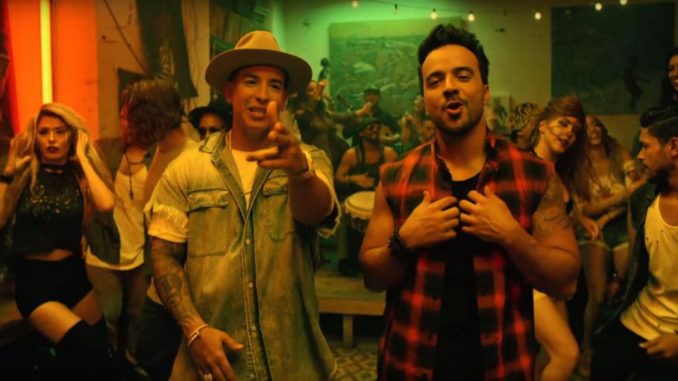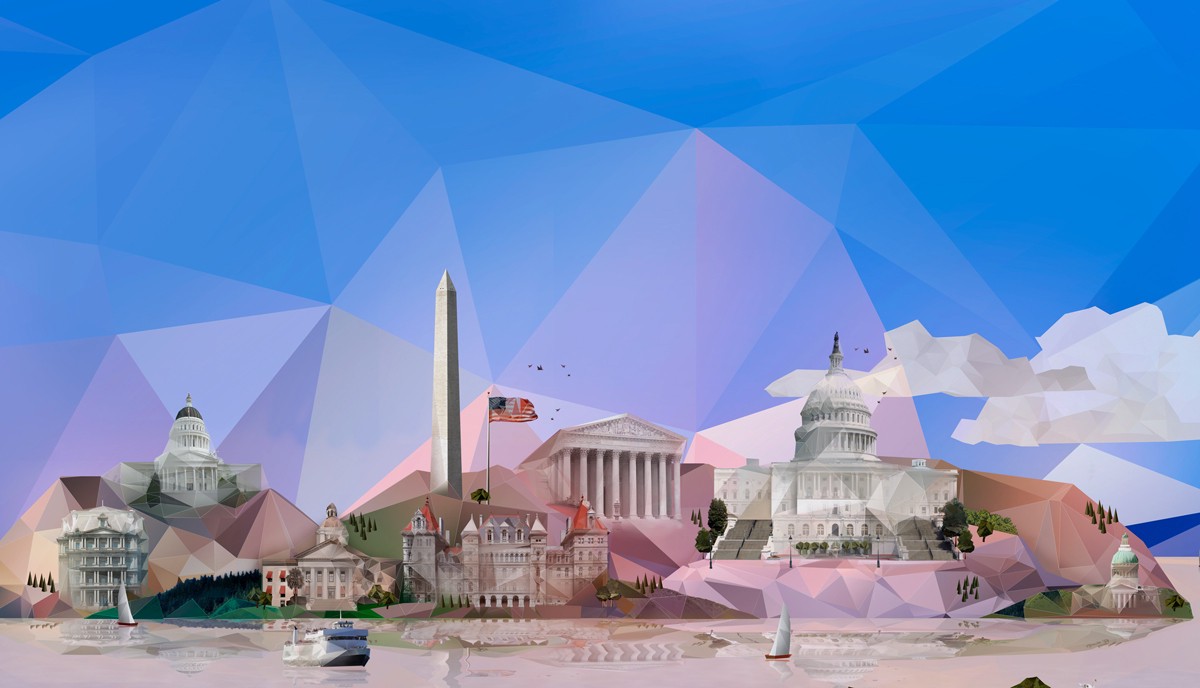NATO’S Digital Narrative- “What We Are”, Not “Who We Are”
The word narrative has for some time dominated conversations about digital diplomacy. At the most basic level, narratives are viewed as compelling stories through which state and non-state actors can explain their policies and actions. The narrative is thus a rhetorical and visual device that replaces official press statements lined with diplomatic double entendres and bureaucratic language. At a more sophisticated level, narratives may be used to obtain influence. Diplomats from country A can craft messages that resonate with the historical narratives of country B thus building relationships with the citizens of country B.
At another level, narratives may be used to misinform. Countries can craft narratives that contest facts or promote false information. Given that the narrative takes the form of a story, it is likely to have some influence on a target audience as humans are storytellers by nature. At the most sophisticated level a narrative can be a unifying element bringing people..
Machine Learning and Policy Analysis
Machine learning, despite its notable constraints, has found incredibly useful applications within medicine, image recognition, and many other areas; it has allowed computers to...
Blockchain and government, can they work together?
In this article I want to reason about government and blockchain technology. In particular, can our governments evolve by integrating blockchain in their digital...
Music Diplomacy and “Despacito” effect.
Although most are happy about the increase in tourism, the video has been criticized as creating “Ghetto Tourism.” Ghetto Tourism is defined as a...
2017: A Year of Digital Uncertainty
In many respects, 2017 was a year of digital uncertainty. It was a year in which digital platforms were used to weaponize uncertainty. It...
Connecting Europe to Latin America: a revolution in Internet governance?
Brazil is about to welcome a new submarine cable linking Latin America to Europe: ELLALINK. In addition to strengthening digital inclusion on the continent...
What diplomats can learn from journalists
As the media landscape continues to evolve, the U.S. State Department should consider adapting its public diplomacy strategy.As an international relations major at USC,...
2017 in review: top 10 digital diplomacy moments
8. FACEBOOK LIVE FOR DIPLOMACY
According to the latest Twiplomacy study by communications and public affairs firm Burson-Marsteller, Twitter is the most popular social media...
Blockchain for government and diplomacy
Politics and policy look at blockchain for services, privacy, and more.
Last October, participants from across sectors gathered at the U.S. Department of State in Washington...
The FCC’s plan to revoke net neutrality is at odds with U.S. and European...
On Tuesday, the U.S. Federal Communications Commission (FCC) released its plans to revoke net neutrality — a series of policies that require Internet service providers (ISP)...







